Oklahoma's 3rd congressional district
Oklahoma's 3rd congressional district is the largest congressional district in the state, covering an area of 34,088.49 square miles, over 48 percent the state's land mass. The district is bordered by New Mexico, Colorado, Kansas, and the Texas panhandle. Altogether, the district includes (in whole or in part) a total of 32 counties, and covers more territory than the state's other four districts combined. It is one of the largest districts in the nation that does not cover an entire state.
| Oklahoma's 3rd congressional district | |||
|---|---|---|---|
Interactive map of district boundaries since January 3, 2023 | |||
| Representative |
| ||
| Distribution |
| ||
| Population (2022) | 796,469 | ||
| Median household income | $54,397[1] | ||
| Ethnicity |
| ||
| Cook PVI | R+24[2] | ||
The district has been represented by Republican Frank Lucas since 2003.
Prior to 2003, most of the territory now in the 3rd district was in the 6th district. Meanwhile, from 1915 to 2003, the 3rd district was located in southeastern Oklahoma, an area known as Little Dixie. It had a dramatically different voting history from the current 3rd; only one Republican ever won it. It was the district of Carl Albert, Speaker of the House from 1971 to 1977.
Geography
The district borders New Mexico to the west, Colorado and Kansas to the north, and the Texas panhandle to the south. To the far west, the district includes the three counties of the Oklahoma Panhandle (Cimarron, Texas, Beaver), and also Harper, Ellis, Woodward, Woods, Major, Alfalfa, Grant, Garfield, Kay, Noble, Osage, Pawnee, Creek, Payne, Lincoln, Logan, Kingfisher, Blaine, Canadian, Dewey, Custer, Roger Mills, Beckham, Washita, Caddo, Kiowa, Greer, Harmon, and Jackson.
Some of the principal cities in the district include Guymon, Ponca City, Cheyenne, Enid, Stillwater, Yukon, Guthrie, Sapulpa and Altus. It also includes slivers of Oklahoma City and Tulsa.
History
The political success of the Republican party in the region reflects changing patterns of party affiliation similar to changes across the South. Although northwest Oklahoma was settled by migrants from Kansas, who favored the Republican Party and the Union during the Civil War, the southeast was settled by conservative white Southerners. For decades they were affiliated with the United States Democratic Party and traditions of that region.[3]
The Great Depression hurt the GOP.[3] Since the late 20th century, party affiliations have changed, and today most white conservatives belong to the Republican Party here. It is now one of the most Republican districts in the nation. George W. Bush received 72 percent of the district's presidential vote in 2004.
Unlike the previous 3rd congressional district, a largely rural area, today half of the district's inhabitants are classified as urban, and 3 percent of adults working in the district use public transportation, ride a bike, or walk.[4] The district's population is 5 percent Latino and 3 percent foreign-born.[4]
Results from recent statewide elections
| Year | Office | Results |
|---|---|---|
| 2000 | President | Bush 66% - 34% |
| 2004 | President | Bush 72% - 28% |
| 2008 | President | McCain 73% - 27% |
| 2012 | President | Romney 74% - 26% |
| 2016 | President | Trump 74% - 21% |
| 2020 | President | Trump 75% - 23% |
List of members representing the district
Recent election results
2012
| Party | Candidate | Votes | % | |
|---|---|---|---|---|
| Republican | Frank Lucas (incumbent) | 201,744 | 75.3 | |
| Democratic | Timothy Ray Murray | 53,472 | 20.0 | |
| Independent | William M. Sanders | 12,787 | 4.8 | |
| Total votes | 268,003 | 100.0 | ||
| Republican hold | ||||
2014
| Party | Candidate | Votes | % | |
|---|---|---|---|---|
| Republican | Frank Lucas (incumbent) | 133,335 | 78.6 | |
| Democratic | Frankie Robbins | 36,270 | 21.4 | |
| Total votes | 169,605 | 100.0 | ||
| Republican hold | ||||
2016
| Party | Candidate | Votes | % | |
|---|---|---|---|---|
| Republican | Frank Lucas (incumbent) | 227,525 | 78.3 | |
| Democratic | Frankie Robbins | 63,090 | 21.7 | |
| Total votes | 290,615 | 100.0 | ||
| Republican hold | ||||
2018
| Party | Candidate | Votes | % | |
|---|---|---|---|---|
| Republican | Frank Lucas (incumbent) | 172,913 | 73.9 | |
| Democratic | Frankie Robbins | 61,152 | 26.1 | |
| Total votes | 234,065 | 100.0 | ||
| Republican hold | ||||
2020
| Party | Candidate | Votes | % | |
|---|---|---|---|---|
| Republican | Frank Lucas (incumbent) | 242,677 | 78.5 | |
| Democratic | Zoe Midyett | 66,501 | 21.5 | |
| Total votes | 309,178 | 100.0 | ||
| Republican hold | ||||
2022
| Party | Candidate | Votes | % | |
|---|---|---|---|---|
| Republican | Frank Lucas (incumbent) | 147,418 | 74.5 | |
| Democratic | Jeremiah Ross | 50,354 | 25.4 | |
| Total votes | 197,772 | 100.0 | ||
| Republican hold | ||||
References
- "My Congressional District".
- "2022 Cook PVI: District Map and List". Cook Political Report. Retrieved January 10, 2023.
- Gaddie, Ronald Keith. Republican Party Archived 2011-09-03 at the Wayback Machine, Encyclopedia of Oklahoma History and Culture (accessed February 11, 2010).
- Representative Frank Lucas, That's My Congress (accessed June 1, 2010).
- "Oklahoma Secretary of State "Official Election Results, 2012 General Election".
- "Oklahoma Elections – 2014". Oklahoma Secretary of State. Retrieved April 22, 2014.
- "Oklahoma Elections — 2018". Oklahoma State Election Board. The State of Oklahoma. Retrieved August 20, 2018.
- "November 3, 2020 - Official Results". Oklahoma State Election Board.
- "November 8 2022 Oklahoma Official results". results.okelections.us. Oklahoma State Election Board. Retrieved November 9, 2022.
- Martis, Kenneth C. (1989). The Historical Atlas of Political Parties in the United States Congress. New York: Macmillan Publishing Company.
- Martis, Kenneth C. (1982). The Historical Atlas of United States Congressional Districts. New York: Macmillan Publishing Company.
- Congressional Biographical Directory of the United States 1774–present
.svg.png.webp)
.jpg.webp)
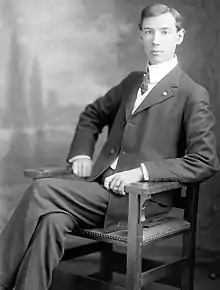
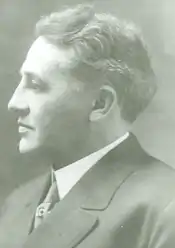
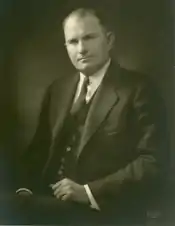

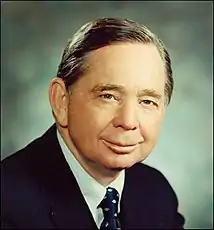
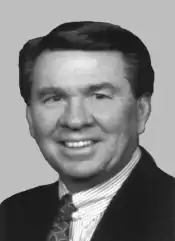
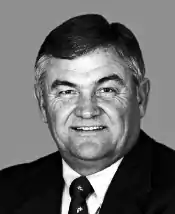
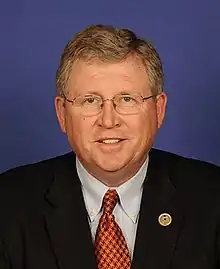
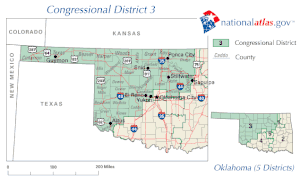
.tif.png.webp)
.svg.png.webp)